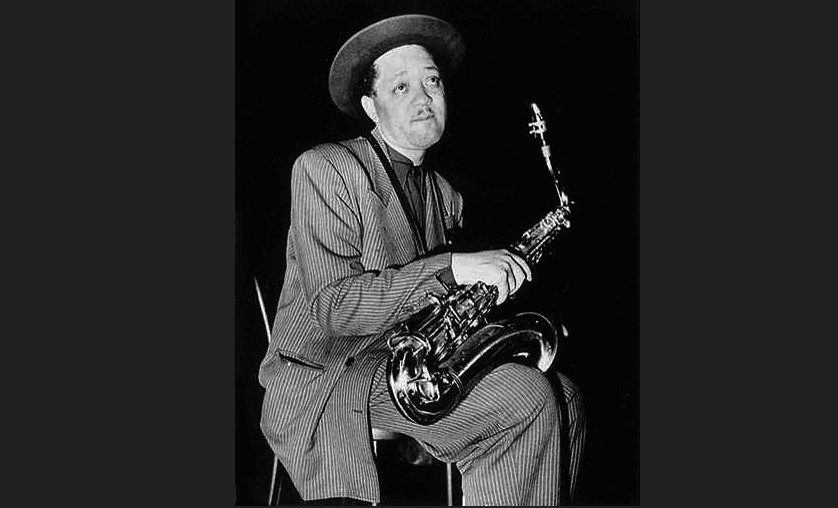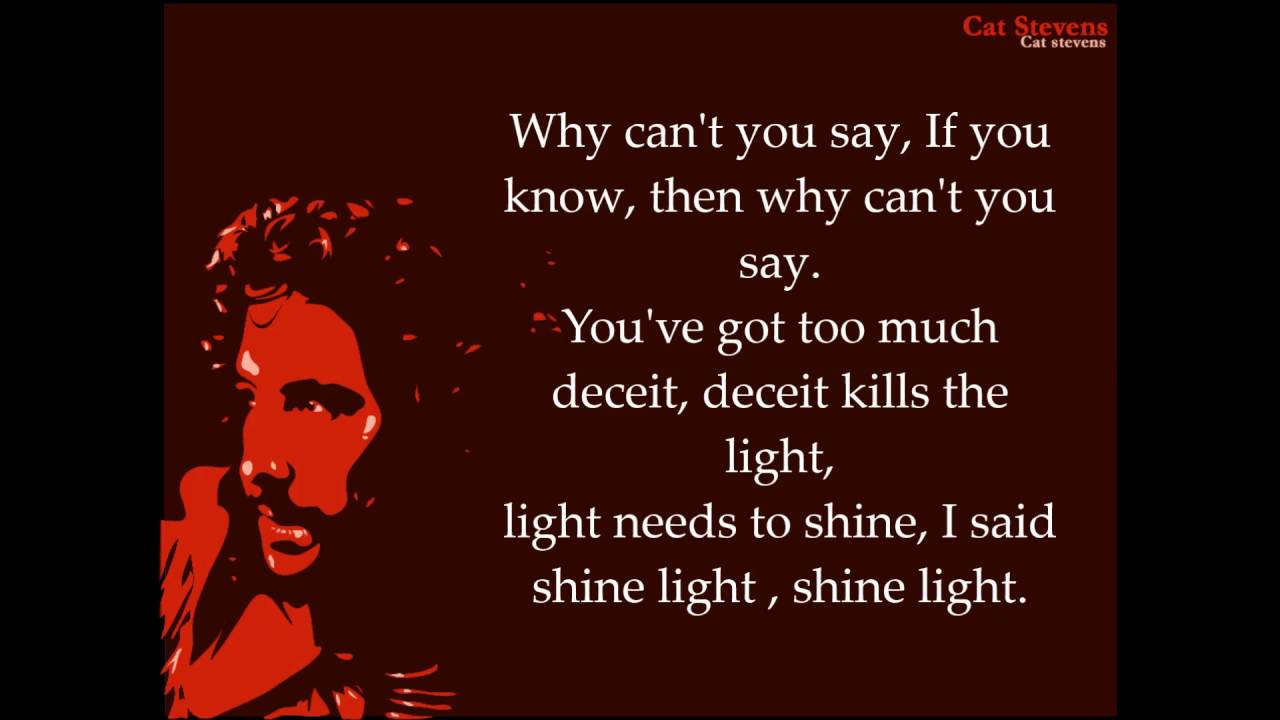observing Power
“Who the ___ are you anyway?” was the exasperated shout from the senior Engineer and IBM Fellow from our Austin facility. With the precision of my national debating days, I had just reduced his arguments against what our small (but growing team) was doing into shreds and now I had him calling me names. Perfect. Victory. The facility manager who had brought all of his Power to this meeting had to step in and calm the waters. “I will take your ideas back for consideration and we will be back in touch.” And with that, we observed his team gather their things and leave…
… Federal Systems caught on to the growth of the Unix operating system LONG before the rest of the company did. IBM, in fact, forbid it running on IBM systems in the early ’80s, until Intel – one of their largest Mainframe clients mandated they would ONLY keep using IBM equipment if it ran Unix. Luckily, the Palo Alto Scientific Center had ported it to run native there… and of course, Steve was good friends with their center Director. Literally, a team of 4 developers had ensured Intel would remain an IBM client after our Vice Chairman, Jack Kuehler, stepped in. He was the senior account executive for Intel which gave him enormous Power…
By this point, I had observed that Power was something that people thought came from large teams, and big organizations. The bigger they were, the more implied impact they could have. However, I had joined IBM just as small nimbler competitors were circling the company, and our tactics were similar – guerilla warfare. In this case, IBM Boca had partnered with Intel to bring their new RiSC processor to market because it helped them sell more of the PS/2’s. The problem was that Austin was building a proprietary IBM chip that competed with it, wouldn’t let others in the company use it, so I needed the Intel chip as the heart of our parallel processing card.
… and is applied unevenly…
As you heard yesterday, Lester was blowing some great smooth jazz music in the late 30’s with Billie and many other artists including Teddy Wilson, who you remember from playing with Benny Goodman. But as he was touring more and more, his shyness took a new direction. George Avakian said “the whole drug scene, the alcohol thing which were the pacifiers for pain, it was a way of escape for these sensitive people”. Lester Young often commented that “I feel a draft” when he sensed a racist atmosphere.
As we are watching happen currently, the winds of war were also starting to rise in Europe, and before long, he had been drafted. Unlike his fellow white musicians Glenn Miller, Dave Brubeck, and others, he was placed into the “normal” army. Worse, he was sent to Alabama to serve as a normal soldier with no easy Army band gig. . After three months of being drafted, he was arrested for possession of marijuana and barbiturates. But it was more likely the discovery that he had a white common-law wife that antagonized the officials and provoked a trial and subsequent sentence of 10 months in the detention compound. His personality became radically more insular after the abuse he suffered in the US army in 1945.
Avakian recalls that “it must have been crushing, [and] Lester never spoke about the experience in the army”. After his discharge, he discovered that many emerging bop musicians were praising him. But this flattery unnerved him because he sensed he was being robbed of the light, mercurial tone he had so carefully forged. Young once remarked that “they’re picking the bones while the body’s still warm”. His consumption of gin also increased.
… playing catch-up is never easy…
Being geeky for a moment, what made Unix so amazing is the SAME operating system could run on any piece of hardware. That meant that applications could move quickly and easily, and also, programmers would be able to learn one approach to development that would work anywhere. And if you are reading this on any mobile device, it is probably running Unix. That is why it was spreading across the Federal marketplace in the 80s and was, in fact, a part of our winning Space Station proposal.
Power being lost is not pretty to observe. In this case, IBM had realized its archrival, AT&T was ahead with Unix… and needed to do something to catch them. And with their Power (and my AA friends’ help), they established the Open Software Foundation – such malarky for IBM. Because in their infinite wisdom, they had decided to “improve” Unix, and make it “better” – which was, of course, different from AT&T’s… This team from Austin was using that Power to try to crush our small team because it was an alternative that used Intel’s chip and “clean” Unix.
What Power do you observe works for you?
By nature, I have always been a rebel and outsider – something bred into me from my family system. If you are not either, it is hard to explain what that does to your thinking, but I can relate to Lester and the fire that burned inside him. Our victory this day was not the final skirmish or even the deciding one, but we did go out and celebrate a bit. I am sure the “other” team went away and also celebrated their own “victory”. As you are reading this, and the current news cycle, observe for a moment what Power actually is, and how it is deployed around you.
Are you helping the right things to come to the forefront, and empowering your team to do what really is important? Or are you simply collecting and leveraging largeness to Power over better ideas? Again not judging, but observing. On the other side of the war, Lester would continue to change jazz and set the standards for generations of players and singers. This masterpiece is directly tied to the fire lit in those Detention Barracks… a Powerful homage to those days observed: DB Blues.




